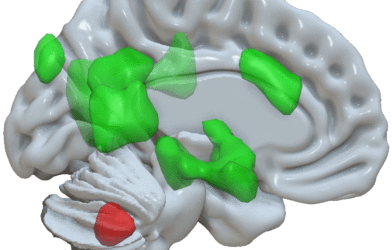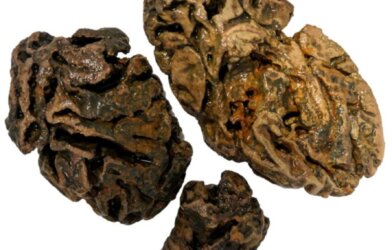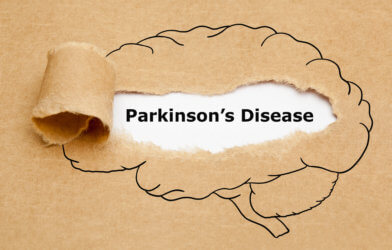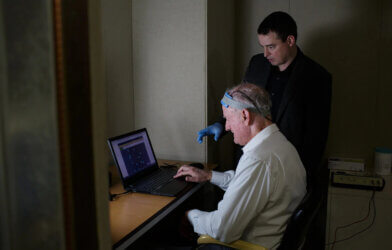Developing amyotrophic lateral sclerosis, better known as ALS, is essentially a death sentence. There is no cure and those who are diagnosed usually have another two to five years to live — while being trapped inside their own bodies in the final stages. However, a promising new treatment could be on the horizon. Researchers at the University of California, San Diego School of Medicine have developed a a gene therapy approach that delayed ALS onset in humanized mouse and rat models of familial ALS.
For the study, researchers injected a harmless adeno-associated viral vector carrying synapsin-Caveolin-1 cDNA (SynCav1) into the spinal cords of familial ALS mice. Researchers wanted to observe if it would delay ALS progression and preserve physical strength and mobility.
SynCav1 was found to protect and preserve spinal cord motor neurons and extended the life of mice. Researchers also found similar results in experiments conducted with a rat model of ALS.
“These data suggest that SynCav1 might serve as a novel gene therapy for neurodegenerative conditions in ALS and other forms of central nervous system disease of unknown etiology,” say study authors in a media release.
Dr. Brian Head, study senior author and adjunct professor in the Department of Anesthesiology at the school, and research health scientist at the VA San Diego Healthcare System, previously used a SynCav1 gene therapy approach to stop learning and memory loss in a mouse model of Alzheimer’s disease (AD).
“Because the neuroprotective efficacy afforded by SynCav1 occurred independent of targeting the known toxic monogenic protein (i.e., mutant hSOD1), these findings suggest that SynCav1 may serve as a novel gene therapy for other neurodegenerative conditions in addition to ALS and AD,” says Dr. Head. “However, it is essential for further studies to determine the effect of SynCav1 on disease progression at later stages of the disease.”
In prior ALS research, Dr. Head crossed a mouse model genetically engineered to express a neuroprotective protein called caveolin-1 with a transgenic mouse model of ALS. This specific mouse model had better motor function and survived longer.
ALS affects around 18,000 Americans.
The study is published in the journal Theranostics.












